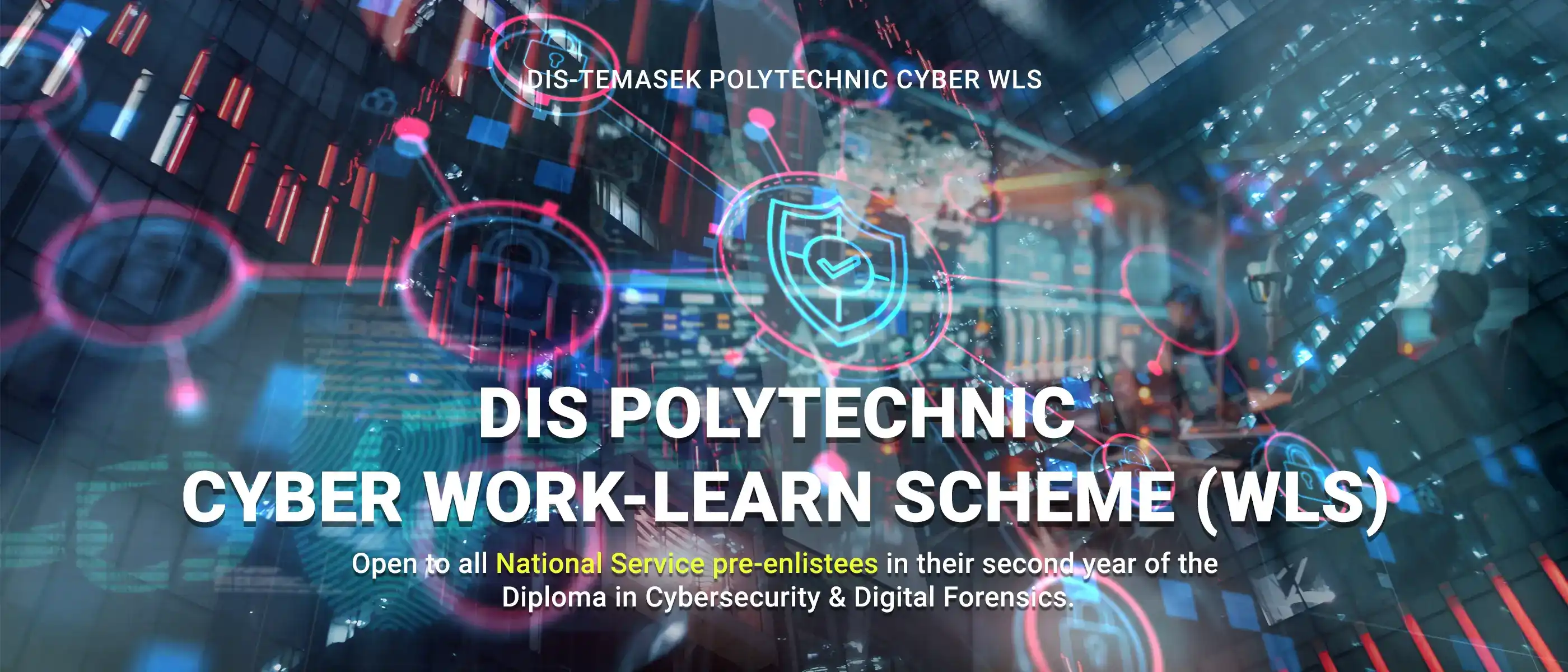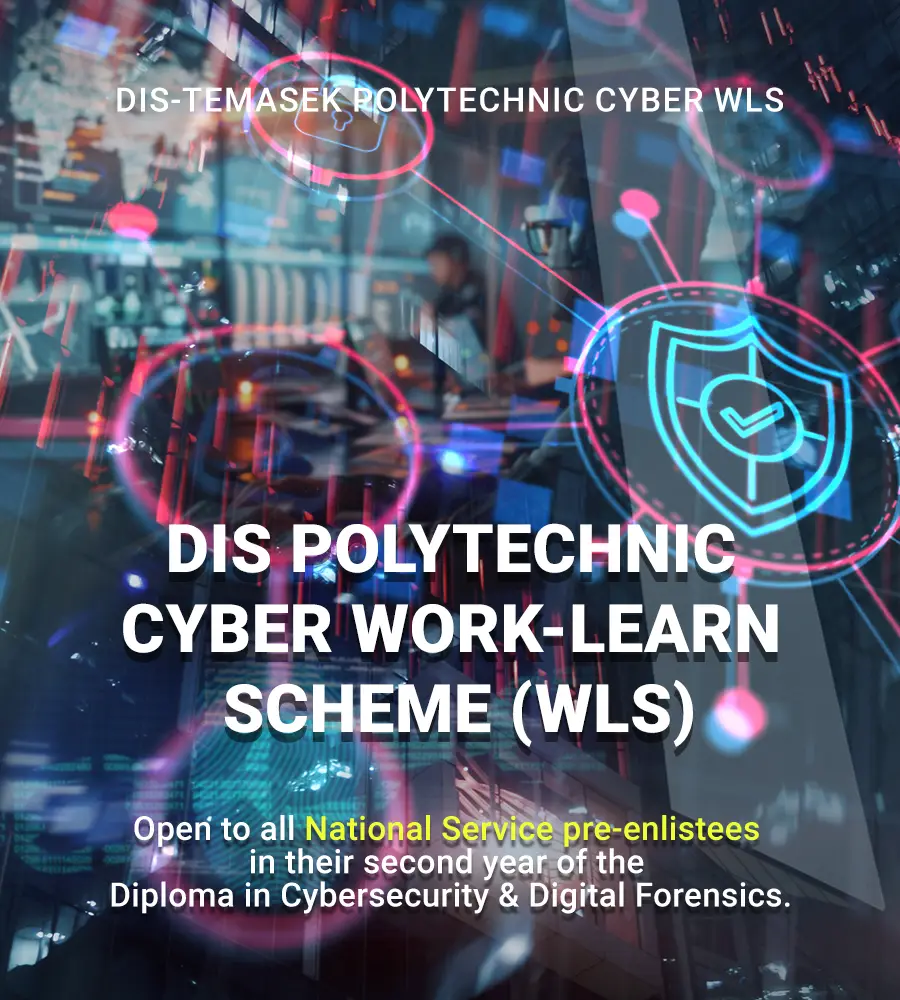
STUDENT LIFE
Discover your passion
LIFELONG LEARNER
Upskill with us
PARENTS
Explore parent resources
INDUSTRY PARTNERSHIPS
Partner with us
TP IN THE SPOTLIGHT
Rewriting My Future: The Power of Upskilling at TP
Early Admissions Exercise: What to Expect When Enrolling
The article spotlights the St Bernadette Lifestyle Village@TP launch event. The assisted living facility that exists within the campus ground is the first of its kind. It also underscores the diplomas that would have an opportunity to leverage from this programme – enhancing their knowledge and skills within their respective disciplinaries through practical, hands-on experiences.
The story spotlights Portia's academic journey and her successful entrepreneurship, Resurrack. Between juggling the demands of her studies and running her own business, Portia was named valedictorian of her cohort, whilst winning one of the Polytechnic-Level Award, the Pan Pacific Award for All-Around Excellence.
Feature on TP graduate, Nicolas Chew who received his acceptance letter to the University of Cambridge in Britain while he was serving NS. As someone who came from a less affluent background, he even recounts how he took on part-time jobs during his time in TP to cover some of his daily expenses.
Music Vox is founded by a group of students and TP supports the group with funding, resources and mentorship to hone their skills and passion. The funding is used to recruit professional services for mixing and mastering music tracks.
OUR TP PRIDE
🎉Congrats to TP School of Design for winning Institution of the Year eight years in a row at the ⛏️ Crowbar Awards!
Sustainability Design Award 2024 Congratulations to all the winning projects!
NTU Taekwondo Open Championships 2024 Congratulations to our TP taekwondo team for defending their championship titles
Diploma in Cybersecurity and Forensics' Students' Heroism
Mapletree-SCCCI River Hongbao Hackathon 2024
Institute-Varsity-Polytechnic (IVP) Games
‘Off The Ground’ Dance Competition
ISDN Innovation Challenge 2023
A total of 45 TP students participated in WorldSkills Singapore
Address
21 Tampines Ave 1, Singapore 529757
Opening Hours
Mondays to Fridays: 0630 - 2230 hrs
Saturdays: 0630 - 1800hrs
Directions and Parking Information


























